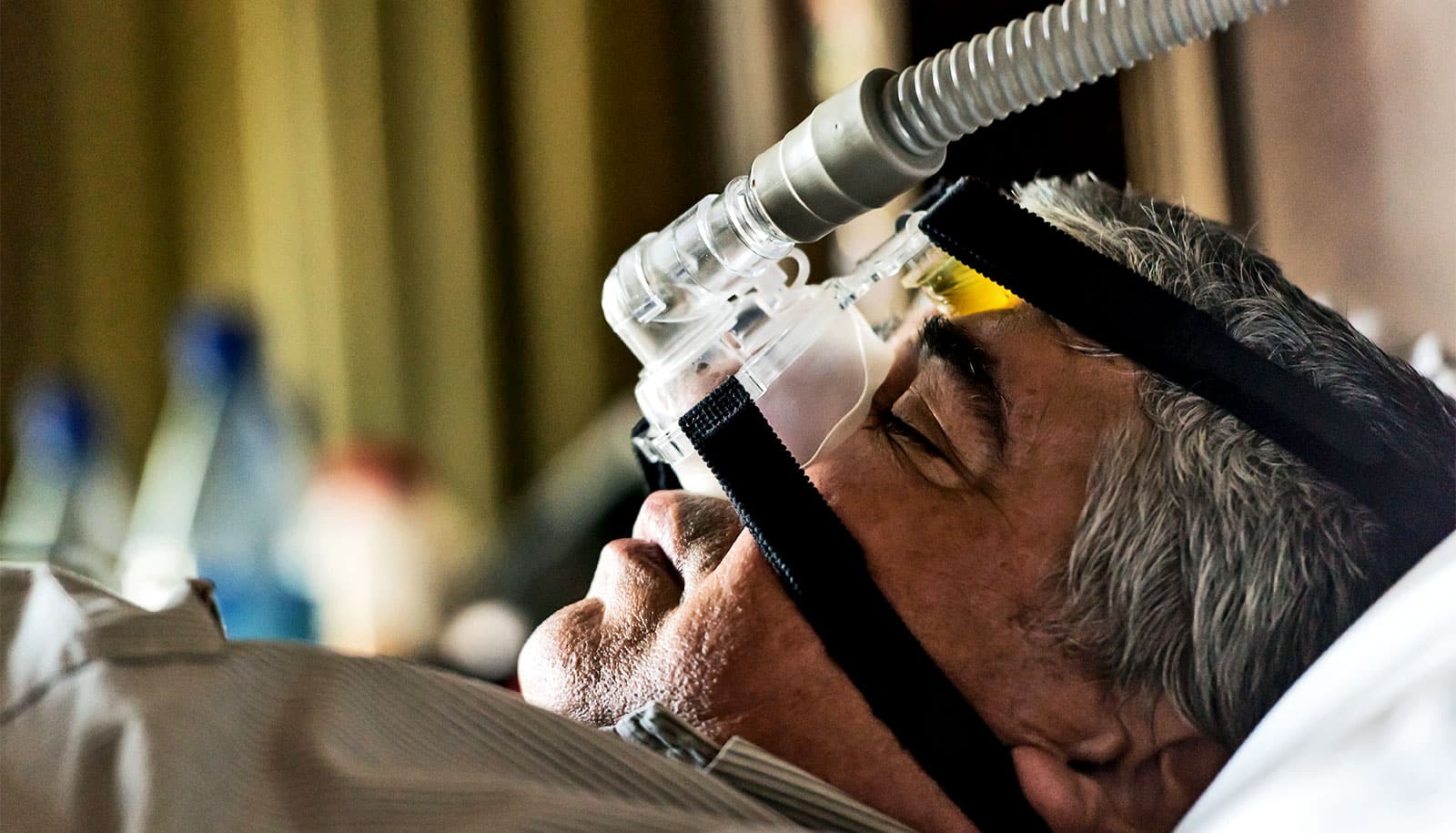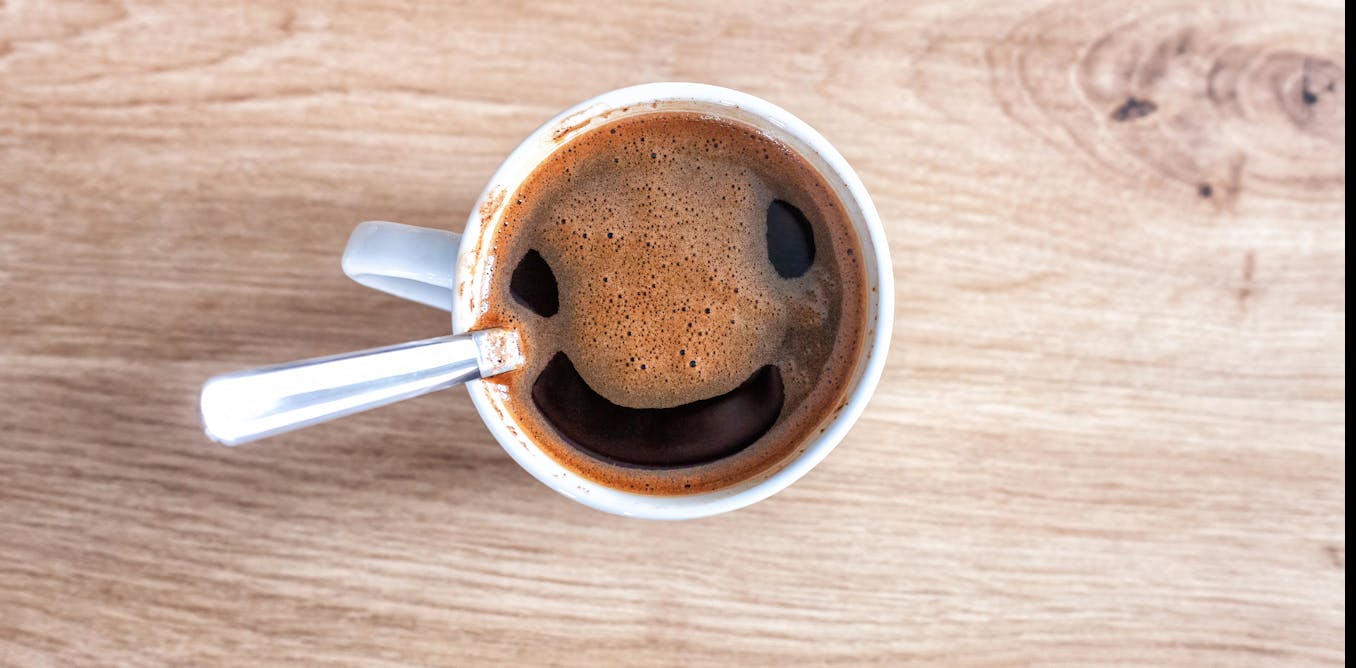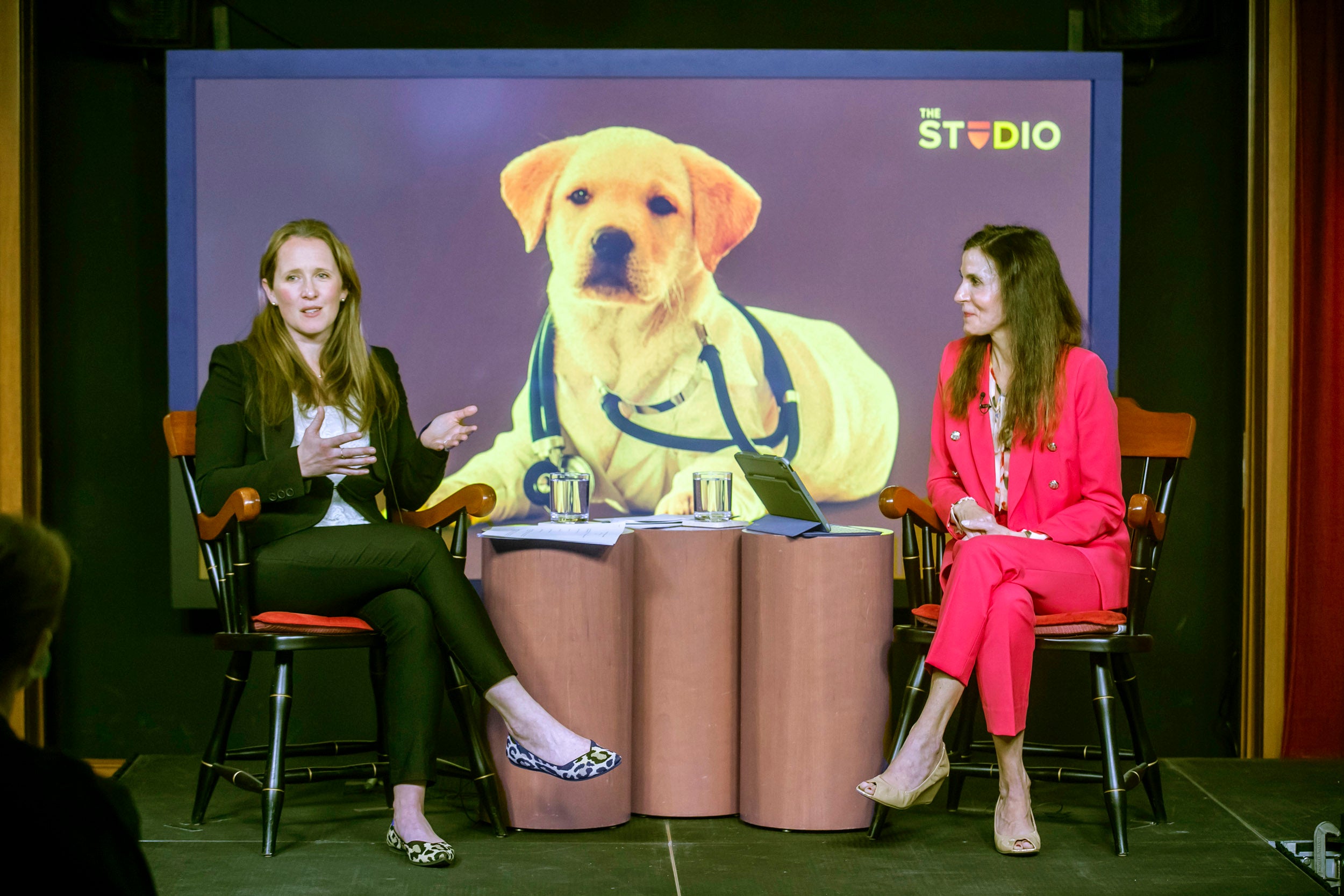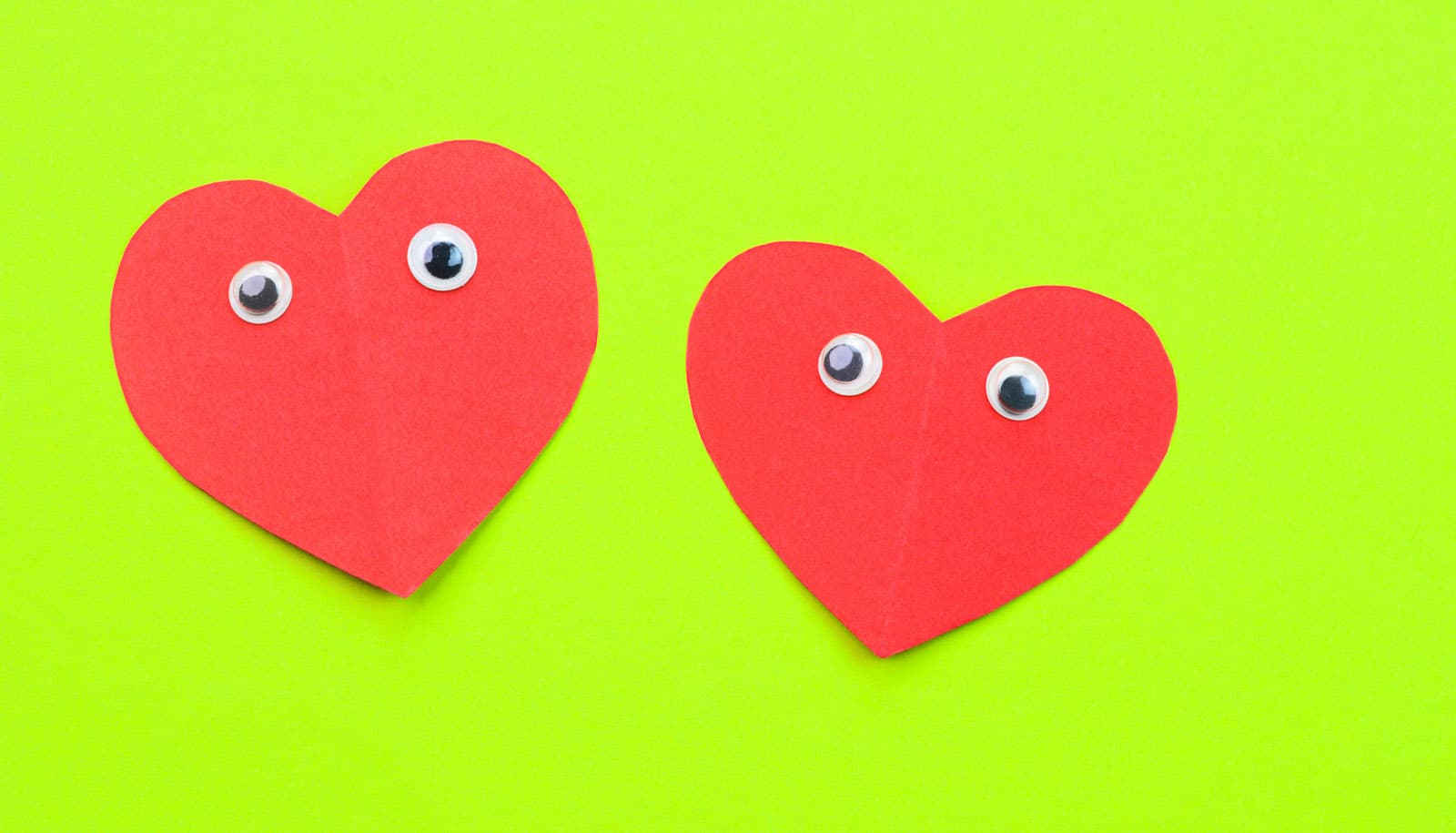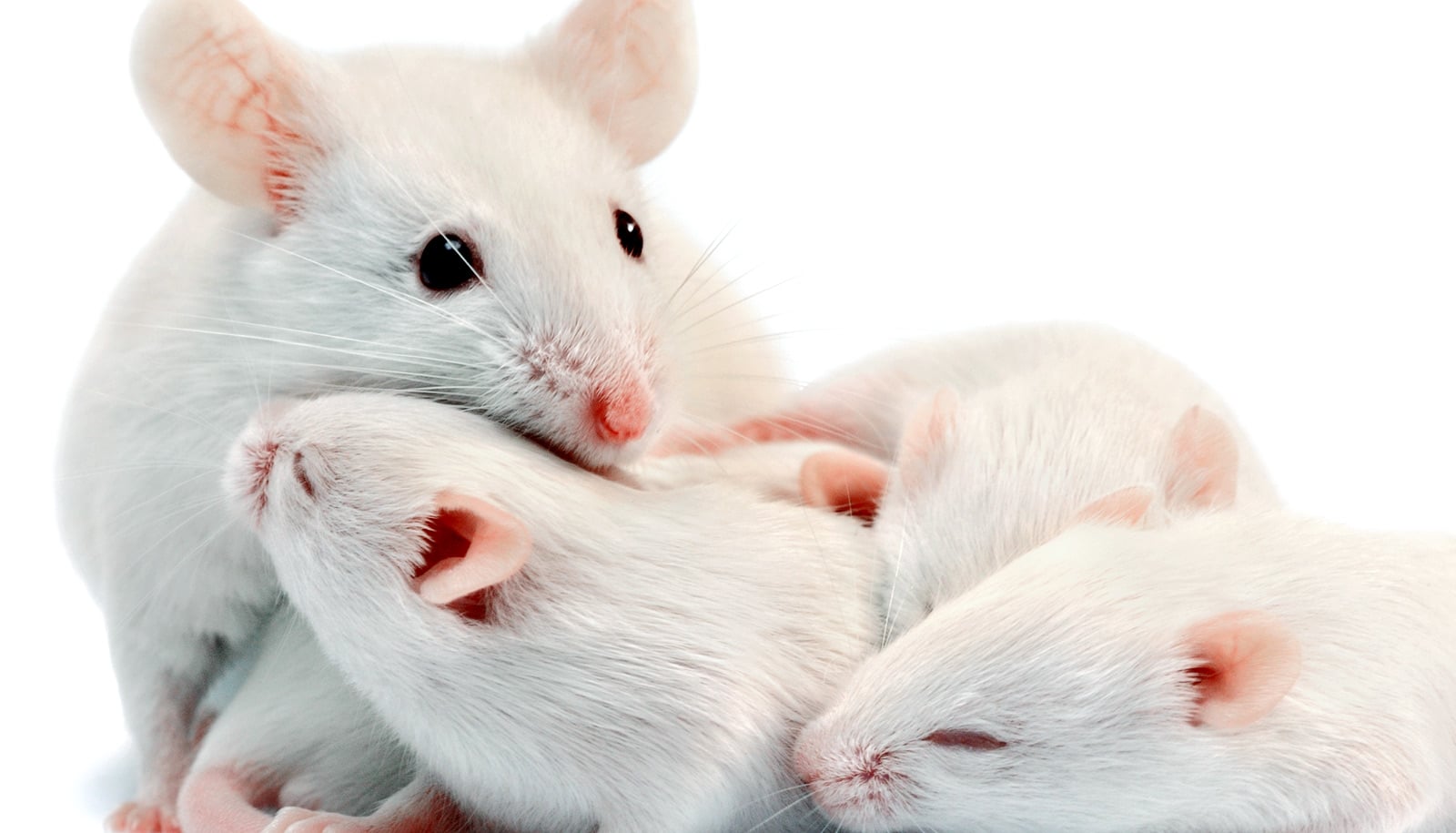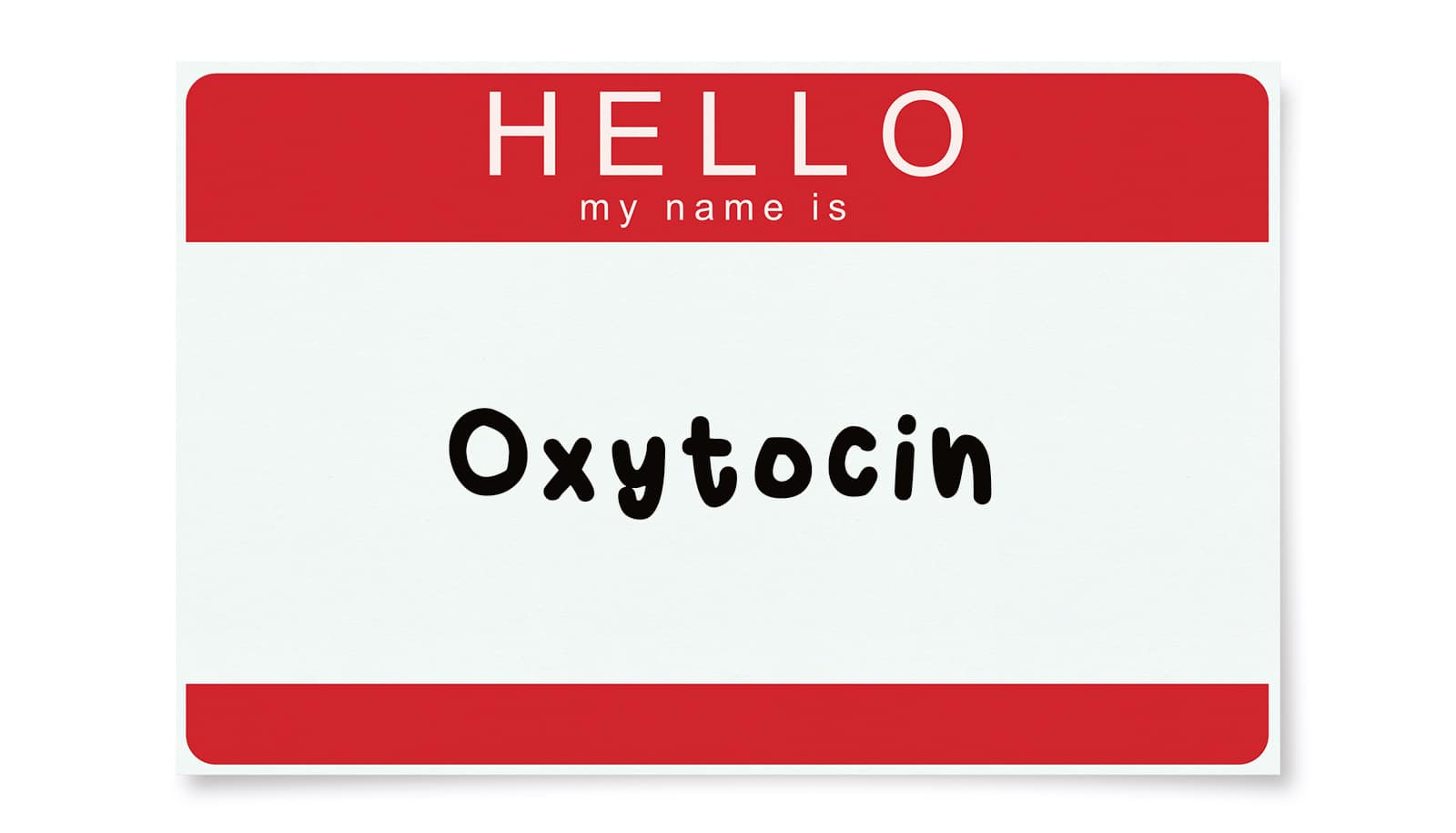Breastfeeding benefits mothers as much as babies, but public health messaging often only tells half of the story
Some states, especially in the Southeastern US, have large disparities in breastfeeding among racial groups, making clear the need to lower barriers for breastfeeding in the workplace and elsewhere.
Feb. 8, 2024 • ~10 min
Face pareidolia: how pregnant women could help us understand why we see faces in inanimate objects
It’s pretty common to see face-like patterns in objects – but this quirk can give us insights into human psychology and evolution.
Sept. 28, 2023 • ~8 min
Take it from the experts, a pet can change your life
The health benefits of animal companions have been supported by science but not society, with the disadvantaged facing similar barriers to pet ownership as they do in securing proper healthcare, experts said at the Harvard T.H. Chan School of Public Health on Monday.
April 11, 2023 • ~4 min
The music of proteins is made audible through a computer program that learns from Chopin
Many features of proteins are analogous to music. Mapping these features together creates new musical compositions that help researchers learn about proteins.
Sept. 29, 2021 • ~6 min
/
2

